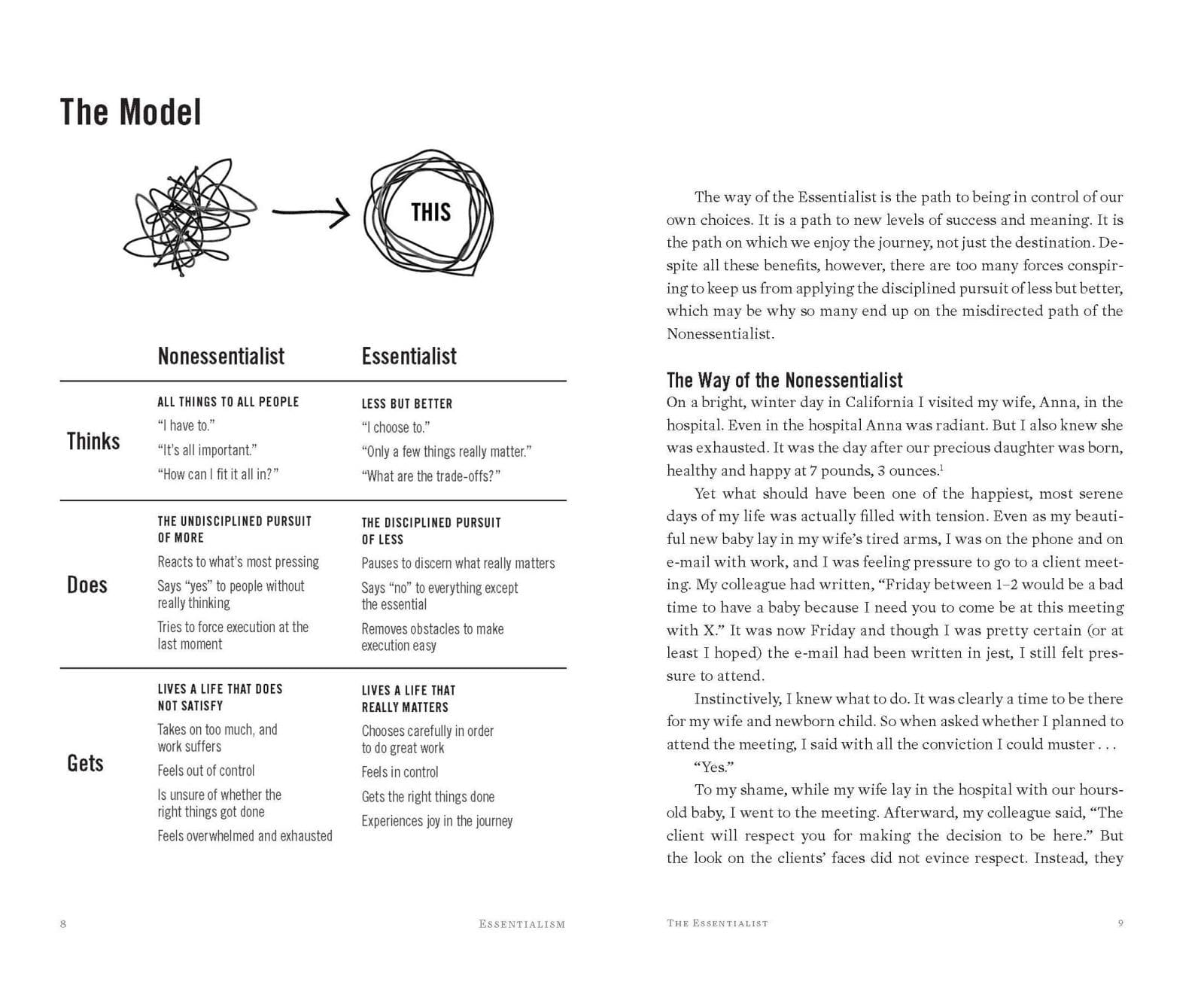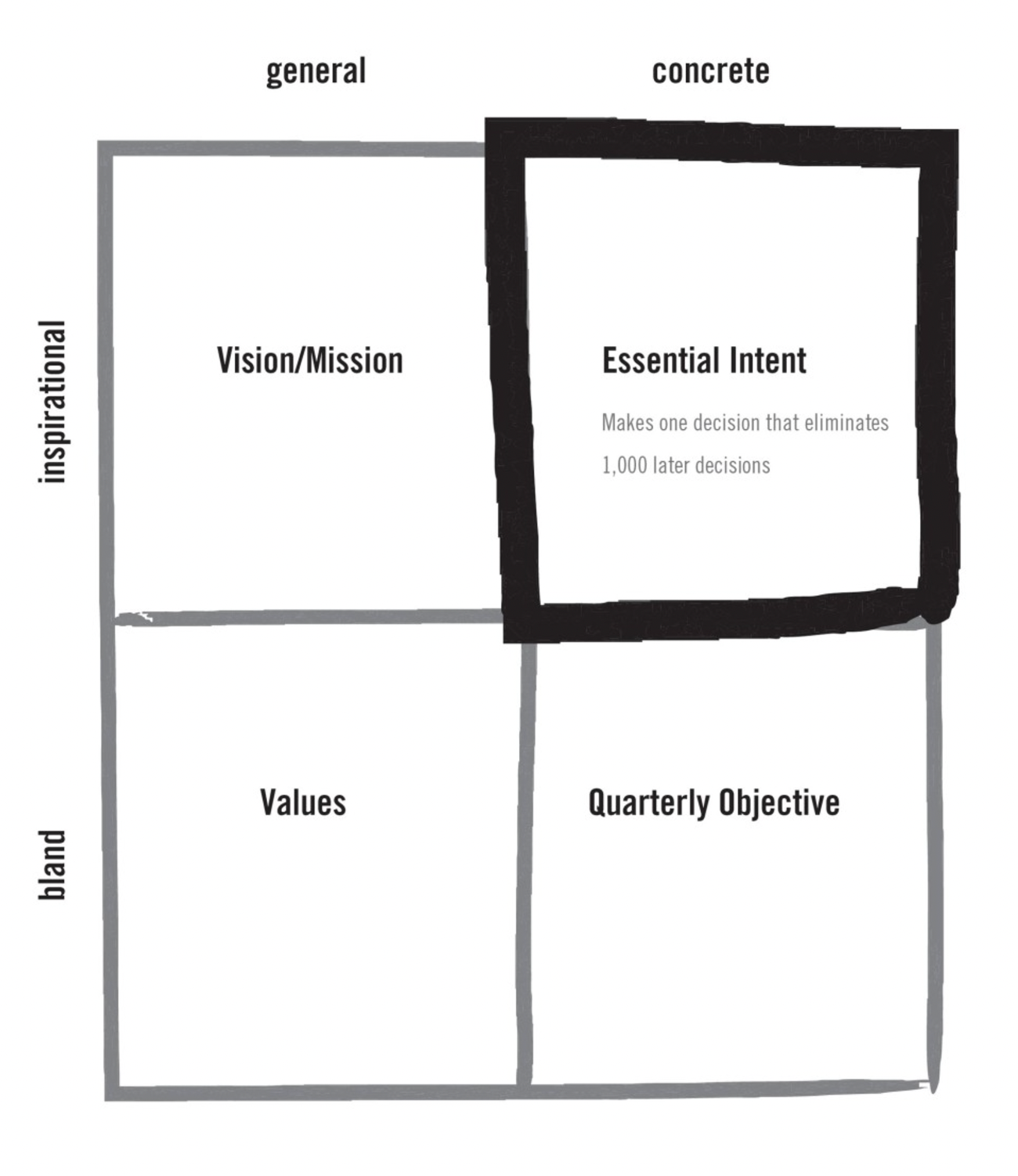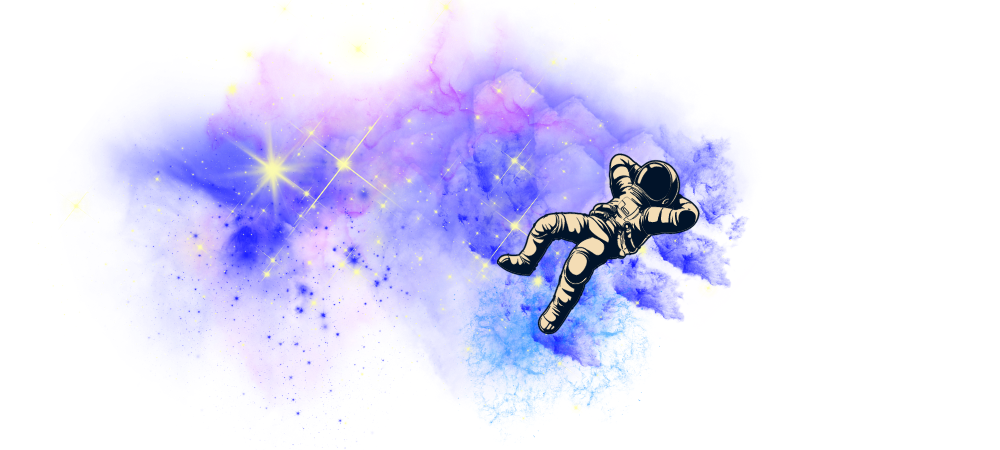applying Essentialism to my goals / 3 lessons from the book
Toward the end of 2024, I stepped away from learning music with Berklee Online to ask myself how it was going and if I wanted to continue. While visiting the Oregon beach with my mom in September, I got out a decomposition book and wrote,
“What world do I want to build?”
For myself. On this planet. With my music.
This query provided the space to let go of what is—the industry, the rules, the overwhelm of all I was learning—and settle into what feels right for me.
Last year, while fending off the urge to add book writing to my plate, I wrote the words, “Do less; do it exceedingly well.” I added the phrase to my Notion homepage so I would see it daily.
A few months later, on my way to visit my mom before Christmas, I stumbled upon the book, Essentialism by Greg McKeown in the San Francisco airport. On its cover were the words, “the disciplined pursuit of less.”
Kismet giggled, and I bought the dang book.
what is essentialism?
Essentialism is the disciplined pursuit of less but better. The book postulates that our modern world, with its endless opportunities and distractions, gets in the way of slowing down to prioritize our well-being, family, and most purposeful work.

When I picked it up, I was debating whether or not to log off Instagram and TikTok. The book’s thesis felt like permission to let the platforms go:
“If you don’t prioritize your life, someone else will. [pg.10]”
I was tired of letting an algorithm prioritize my attention.
As a fledgling artist on a quest to self-publish and produce my music album, the book became a guide for navigating the immense overwhelm of ALL THE THINGS™ for which I am responsible in order to bring my dream into reality.
Here are my three favorite golden nuggets, and how I'm using each to inform the ways I approach my music goals.
3 golden nuggets from the book
trade-offs OR I swear I can do it all
You can do it all, but not all at once. I don’t know if that’s the exact quote from the book, but the idea stuck with me. As McKeown outlines, one of the core practices of an essentialist is the ability to embrace trade-offs and choose accordingly.
Wait, wait, wait—you mean, there will always be a trade-off?
Yes! That’s the idea. No matter what you choose, there will be trade-offs. Possibly and probably you will be faced with multiple paths and you will need to let go of something in order to truly excel at something else.
Evaluating trade-offs has become an essential stop-gap before pursuing any new project my brain conjures up. Just last week, I was ready to build a totally new website and switch from Ghost to Substack.
I might still do that, but the important thing is I didn’t suddenly pivot and act as though this new idea is the most important priority. Doing so would have taken time away from working on my song.
"Essentialists see trade-offs as an inherent part of life, not as an inherently negative part of life. Instead of asking, "What do I have to give up?" they ask, "What do I want to go big on?" The cumulative impact of this small change in thinking can be profound. [pg.56]"
Which brings me to the second nugget.
what’s important right now?
Short video platforms, TikTok especially, are seen as essential platforms for music artists. You’re encouraged to become a content creator as soon as possible, allowing you to have greater reach when promoting your song during release.
But I found myself putting too much energy into gaining an audience now and not enough into producing the product that is my music.
McKeown speaks to the importance of being present in a short chapter on Focus. He shares the story of a football coach who tells his players,
"There is a difference between losing and being beaten. Being beaten means they are better than you. They are faster, stronger, and more talented. Losing means you lost focus... To operate at your highest level of contribution requires that you deliberately tune into what is important in the here and now. [pg.216]"
Stepping away from short video platforms has allowed me to stop looking at life through the lens of content creation: should I film this for content, what ideas will be engaging, gotta make sure I post today.
Instead, my daydreaming reverts to the song I’m working on and the skills I’m practicing. Without the distraction of "capturing my process," I have more focus and clarity to make my greatest contribution toward my larger goal.
But how does one determine what’s important right now? By referencing an essential intent—which is nugget number three!
the wisdom of an essential intent
A company’s mission is meaningful but general, its values are bland and general, and its quarterly objectives are bland but concrete.
An essential intent is meant to fill the gap: it is both inspirational and concrete.

As McKeown describes it, an essential intent is one decision that eliminates one thousand later decisions. Once determined, every action the company takes and project it pursues should support this essential intent. Otherwise, it’s superfluous.
"A true essential intent is one that guides your greater sense of purpose, and helps you chart your life's path...[Determining an essential intent] is worth the effort because only with real clarity of purpose can people, teams, and organizations fully mobilize and achieve something truly excellent. [pg.128-129]"
An essential intent becomes the north star upon which all other goals can be evaluated. If a new opportunity or project doesn't contribute to realizing the essential intent, it can reasonably be eliminated or deprioritized.
For creatives solopreneurs, who play all roles within a company, being able to determine what's important right now is the only way to progress forward.
how i’m applying essentialism to my goals
I learned a lot with two years of traditional online study through a university. But as I neared the halfway point in my degree, I got super clear on two things:
- A degree is not my goal (then, what is?)
- This degree will not get me to commercial-level quality in my music (then, what will?)
I took the next semester (and every semester since) off. Within my first month, I received a newsletter from an independent musician transparently sharing how he spent $1000 to produce his single. Here was someone about to accomplish my goal. The email motivated me to join his mentorship program.
I shifted from learning by completing school assignments to facing the tough and essential task of finishing my songs. This included auditing the lyrics and structure, determining the key and beats per minute, and adding chords to create a skeleton demo.
After four months, I had four of these demos for my songs. During this time, I also discovered an online course that specializes in teaching radio-quality production. This discovery felt like finding the missing piece in my music education.
From here, I am charting the road map toward my first single release. I have everything I need to get there. My goal for this year is simple: practice until I’m ready to take the production masterclass. Take the class, and finish my first single.
Everything else—publishing, distribution, marketing—becomes essential later.
what desires does your goal fulfill?

I adore the paid newsletter, Wild Letters by Nic Antoinette. She’s also working toward a big goal and writing about it. Her most recent newsletter discussed components analysis, which is common in data analysis and machine learning.
In the context of goal setting, it invites you consider something you want and determine the smaller components within the desire that provide the fulfillment you seek. The exercise provides greater nuance in understanding why you want what you want.
At the end, she invited her readers to share a components analysis of a goal they're working on. Here is what I commented:
Underlying Components:
🌀 The ability to come up with an idea and see it through to a complete, shareable song.
🌀 Show myself I can complete a creative project and let it go into the world
🌀 Experience the joy of being on stage again, fully in the moment of performance
🌀 Build friendships with people who care deeply about creating art
🌀 Gain a new source of income that gives me more time and freedom in daily life
🌀 Turn a hobby into a bonafide business I can be proud of
Clarity is key to the practice of essentialism. By knowing the underlying components of my desire, I clarified that debuting my work to a massive audience is not an essential aspect of my goal.
It is (as evidenced in my underlying components) important to me that my music becomes a sustainable business. But the fulfilling aspects of this desire also leave room to exist fully in every stage of bringing the dream to life.
my book review, I guess
I like the concept of Essentialism because it reminds high-performing people that enjoying and experiencing life matters more than a list of accomplishments.
I appreciate a book that affirms the importance and unexpected benefits of keenly focusing on mastery while prioritizing an enjoyable and healthy life. Much of it seems obvious yet flies in the face of our culture's messaging: more, more, more.
What world are you building?
Perhaps what’s most important is not any potential outcome but the alignment of every choice we make with our sincere self. Essentialism suggests that true success and our ability to enjoy it are a direct result of cultivating this self-alignment.
While the book lives in the business section of your local bookstore, it provides important wisdom for creatives across mediums. It is the anti-manifesto of the tortured artist who thinks only miserable people make great art.
“Years from now (hopefully many), when you are at the end of your life, you may still have regrets. But seeking the way of the Essentialist is unlikely to be one of them. What would you trade then to be back here now for one chance—this chance—to be true to yourself? On that day, what will you hope you decided to do on this one? [pg.27]”
Our time is finite. How we spend it matters, and we have more control over how we spend it than we’re often willing to explore.
An unwillingness to rock the boat prevents us from eliminating the things that don’t really matter in order to live from our values and greatest ambition. But we can choose to prioritize our time purposefully, and we can choose to do so with grace and integrity.
Thank you for reading! With love & badassery,
Conner
